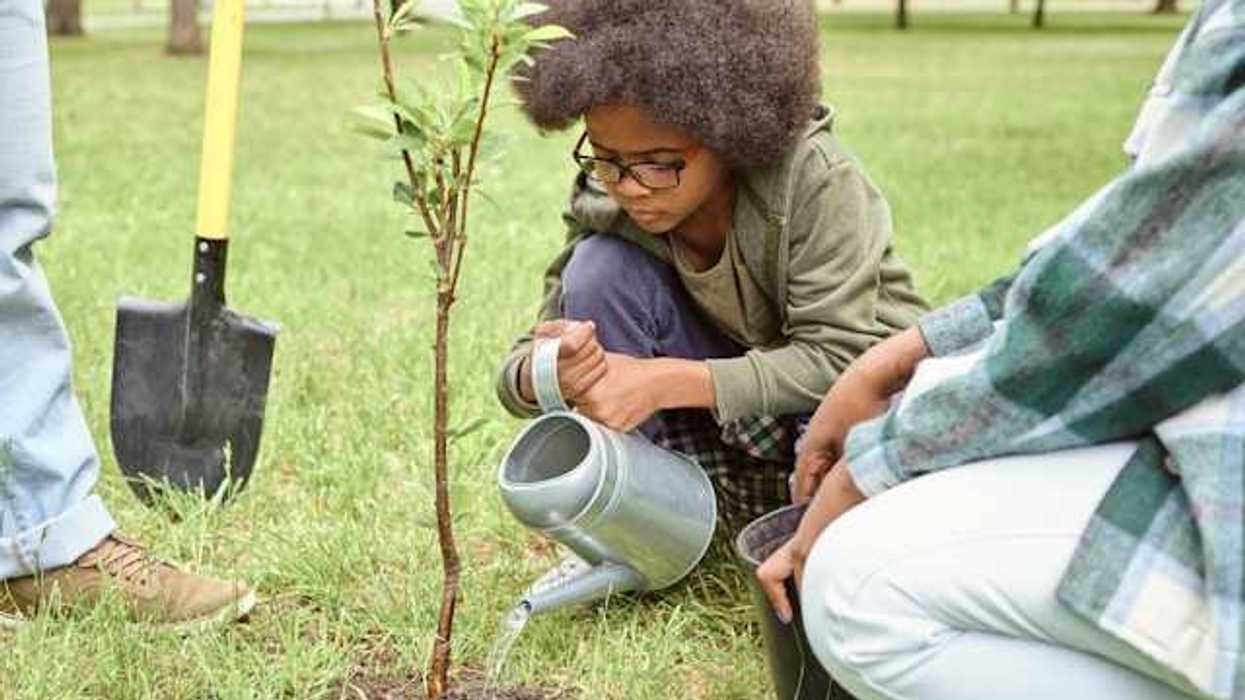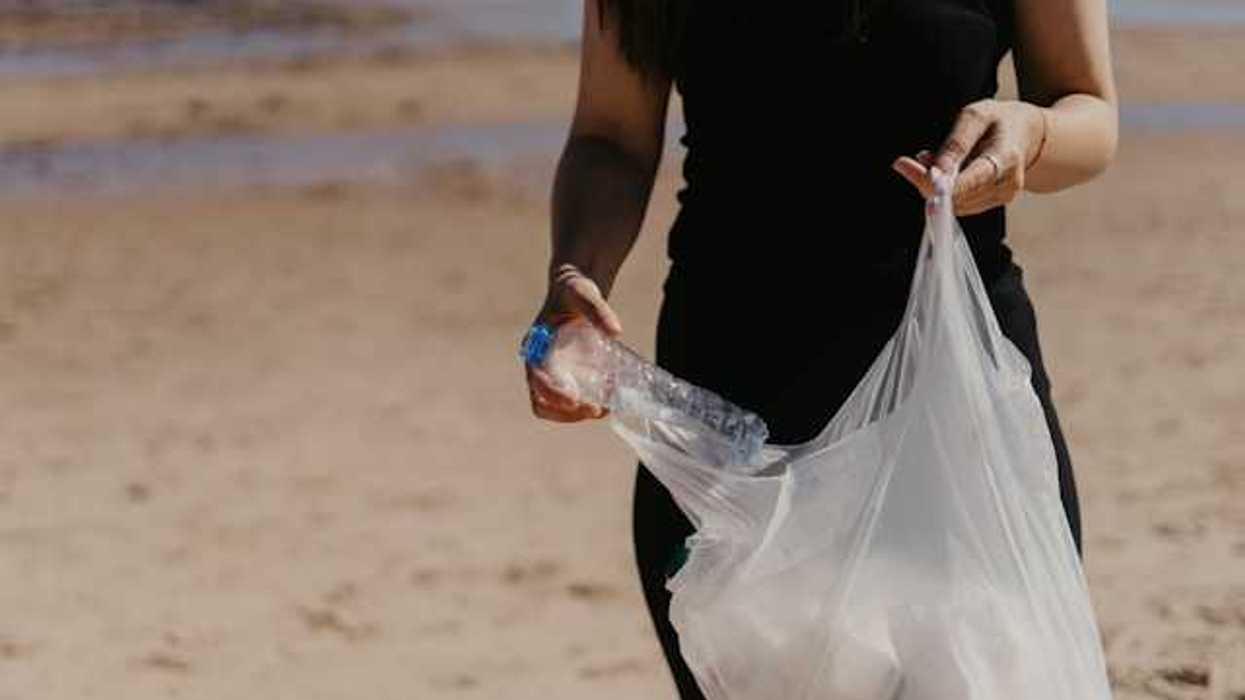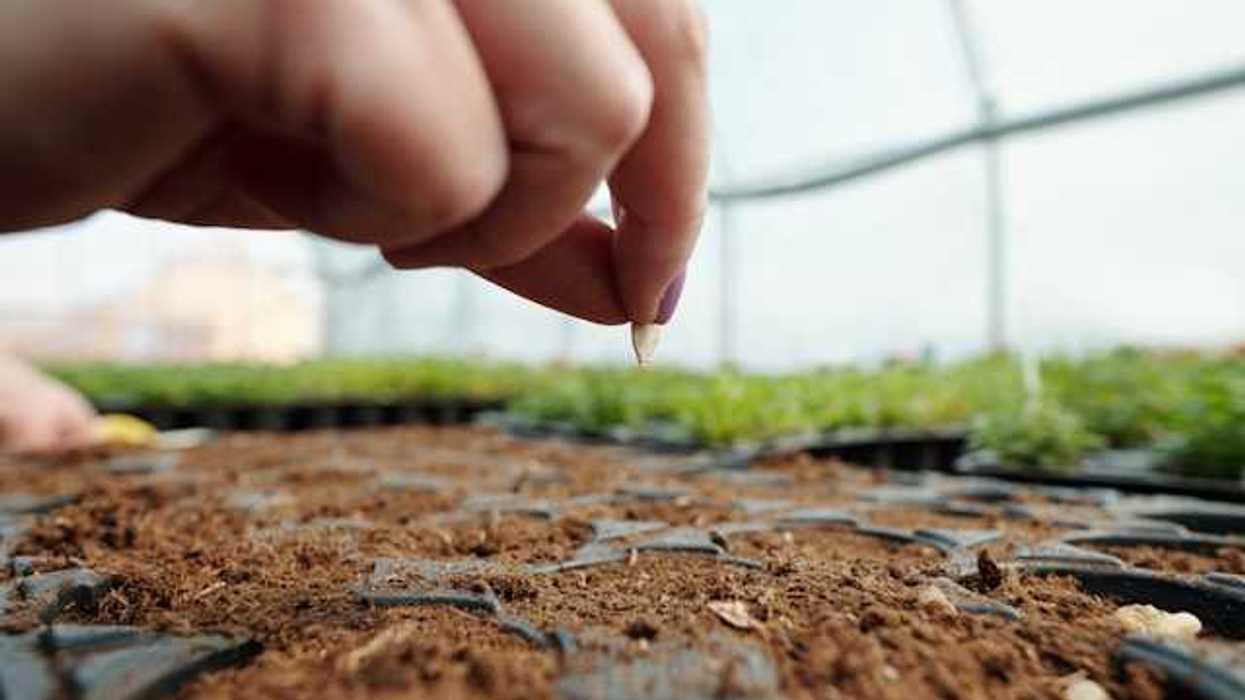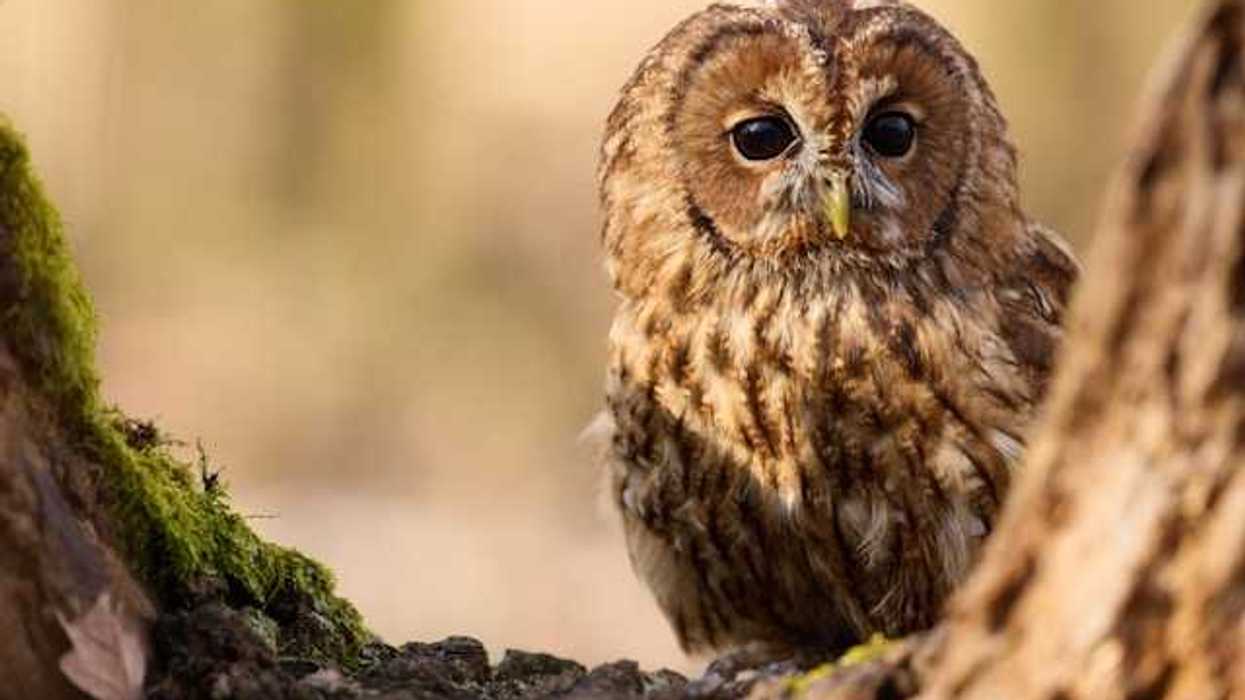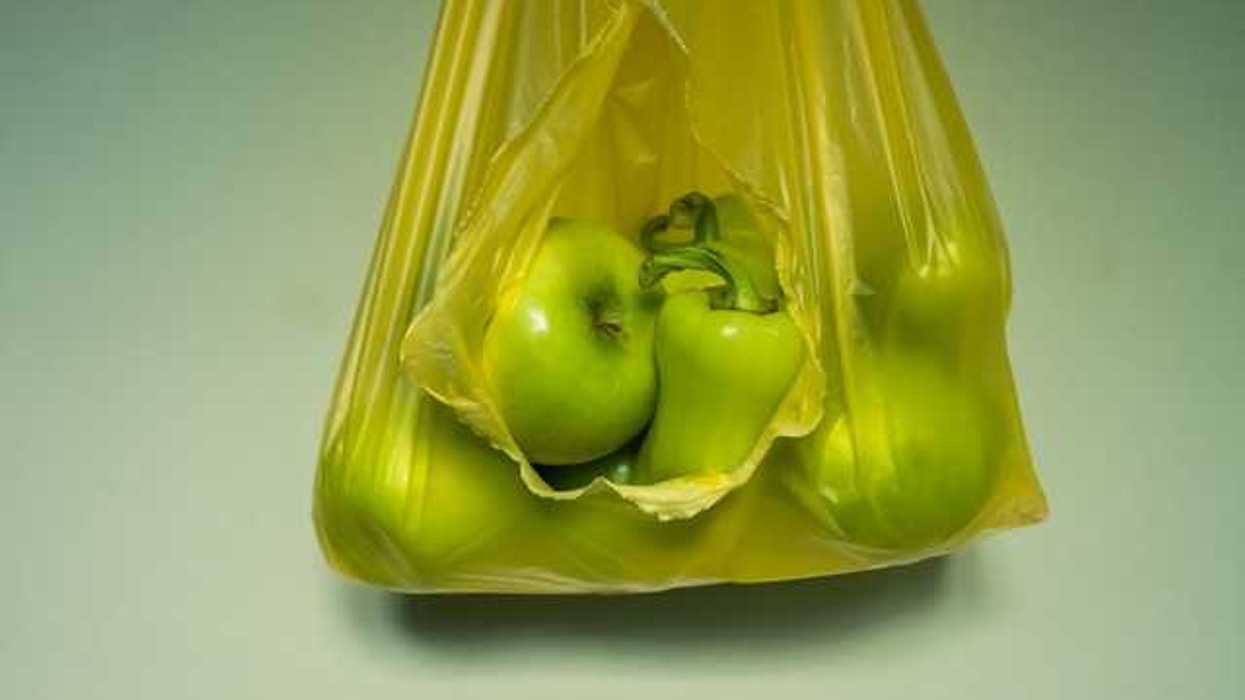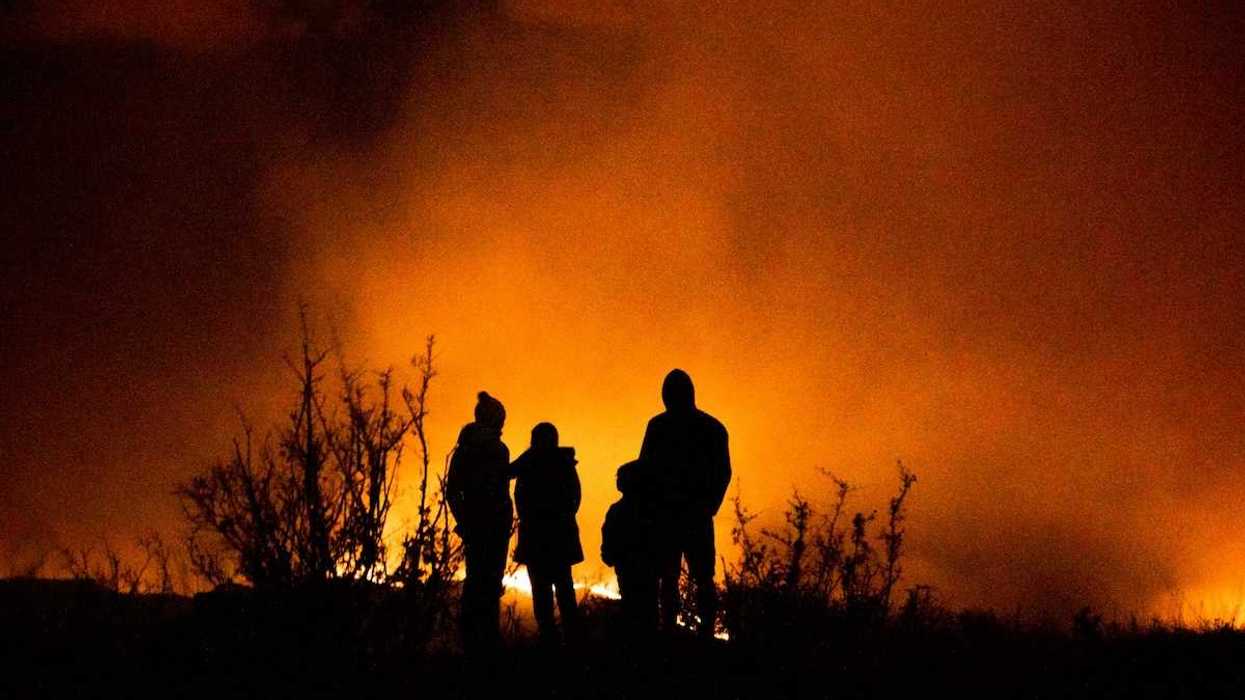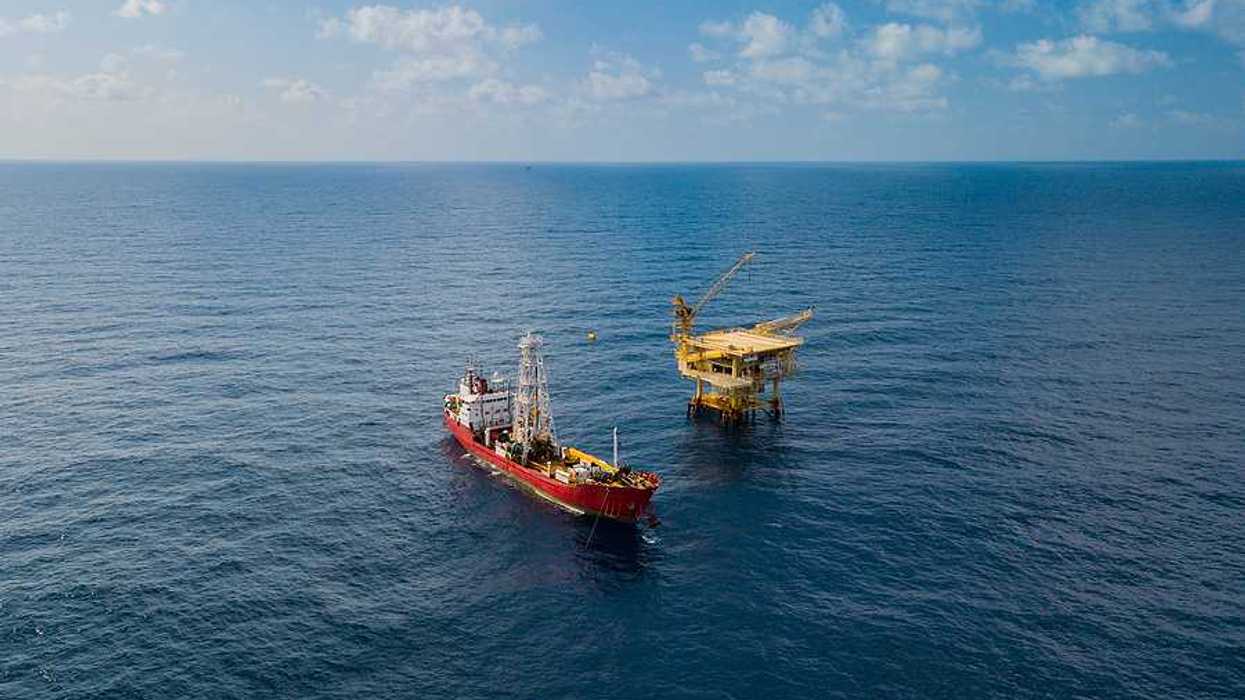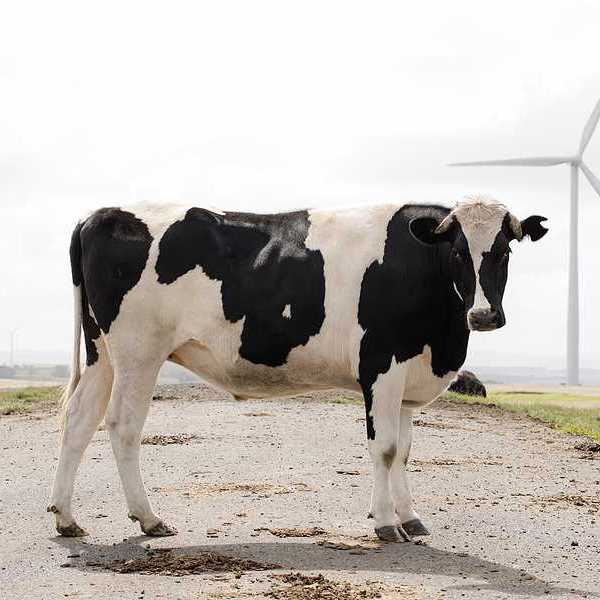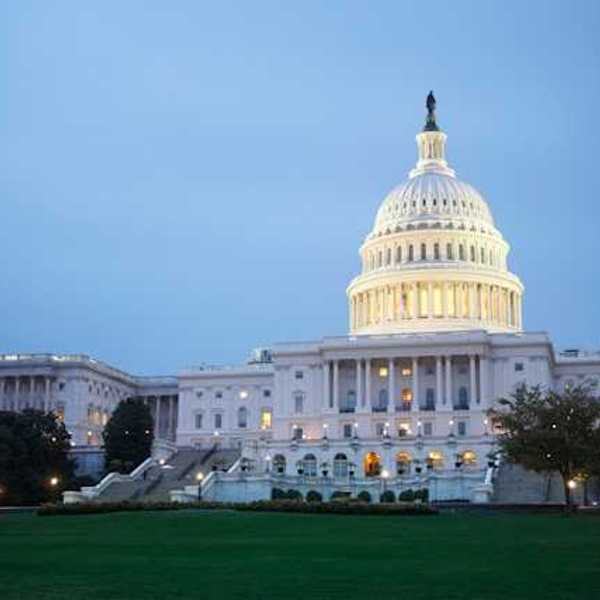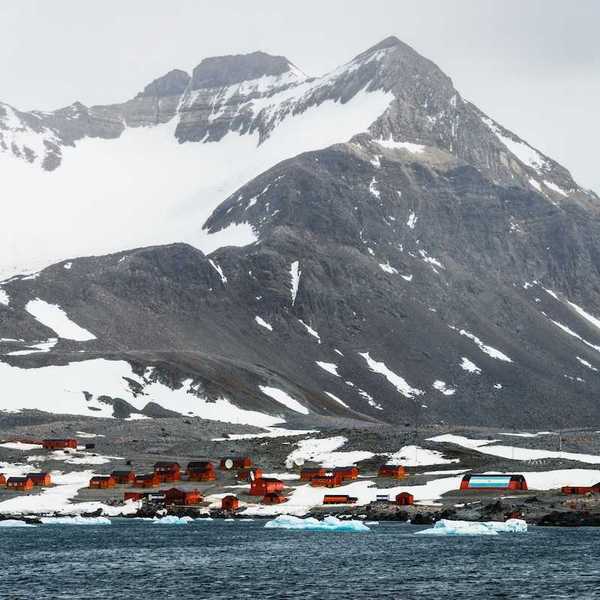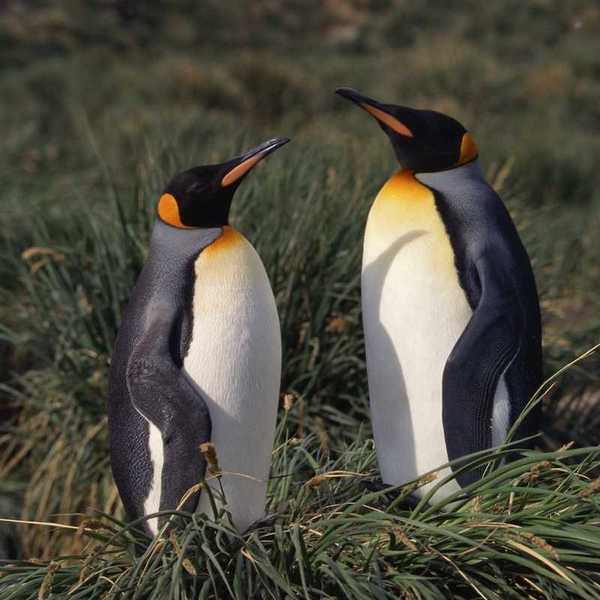Last month, three pieces of news hit us, and our environment, upside the head.
First, China's State Council announced it was ending a 25-year-old ban on the sale of tiger and rhino parts. They offered no evidence that tiger or rhino populations have sufficiently bounced back from peril.
The Convention on Trade in Endangered Species (CITES) is the 183-nation body that governs cross-border commerce in plants and animals. CITES will next meet in Sri Lanka in May, and China's action will be a hot topic.
Conservationists view China as the primary culprit in the decline of both animals. Some practitioners of traditional Chinese medicine value tiger bone and rhino horn as key components in cure-alls and virility potions.
Not only does the rest of the medical world reject such beliefs, but even the World Federation of Chinese Medicine Societies declared tiger bone and other exotic wildlife products to be medically worthless in 2010.
But China's spectacular economic growth has ballooned the middle and upper classes of the world's most populous nation, resulting in explosive growth in auto and refrigerator sales, but also in conspicuous consumer goods like tiger bone wine or rhino horn powder.
Game wardens have great difficulty keeping up with poachers in the wild, and increasingly give up their lives trying to do so. The black rhinos of Central Africa are critically endangered, as are South China tigers. UPDATE: Make that two horsemen. Facing international outrage, China backed off its plans in mid-November, keeping the ban on rhino and tiger parts.
We're on the clock
Ready for more? After years of stern-but-vague warnings, the UN's Intergovernmental Panel on Climate Change (IPCC) finally put us on the clock:
They say we have 12 years to take substantial action on greenhouse gas emissions to stave off the worst climate impacts from drought, storms, sea level rise, habitat loss, disease and other consequences.
Agribusiness in the Amazon

Credit: Alessandro Dias/flickr
On to number three: Such a tight climate timeline virtually requires that world leaders speak – or tweet – with one voice. Not only has America fallen off the flat side of the Earth on climate, but another key nation may soon follow.
The election of Jair Bolsonaro to the Brazilian Presidency may give Donald Trump a partner in eco-crime.
Bolsonaro has eyed what's left of the Amazon as a future paradise for agribusiness, and could well withdraw Brazil's 209 million souls from the Paris Climate Accord – an unspeakable fall for the hosts of the 1992 Rio Earth Summit.
Moving past midterms
Finally, let's offer a little good news for American readers who, like me, watch too much TV. Come Wednesday, the election will be behind us, and the tortuous stream of negative political ads will come to a close. We'll no longer get nightly reminders of how every Republican and every Democratic candidate is a mother-beating, beady-eyed scoundrel.
Some sweet day, we'll reclaim our elections from the blackguards who run political campaigns and the TV stations that make untold millions from selling them ads. Till then, TV will return to its normal inventory of ads for car dealers, whiplash lawyers, and adult diapers.
Oh, and I know that I promised you only three apocalyptic news items, but in the interest of fairness, as October closed, the World Wide Fund for Nature issued a report estimating that humanity has wiped out 60% of all animal populations since 1970. And the World Health Organization report stating that 90% of the world's children now breathe toxic air.
Have a nice day, everyone!





